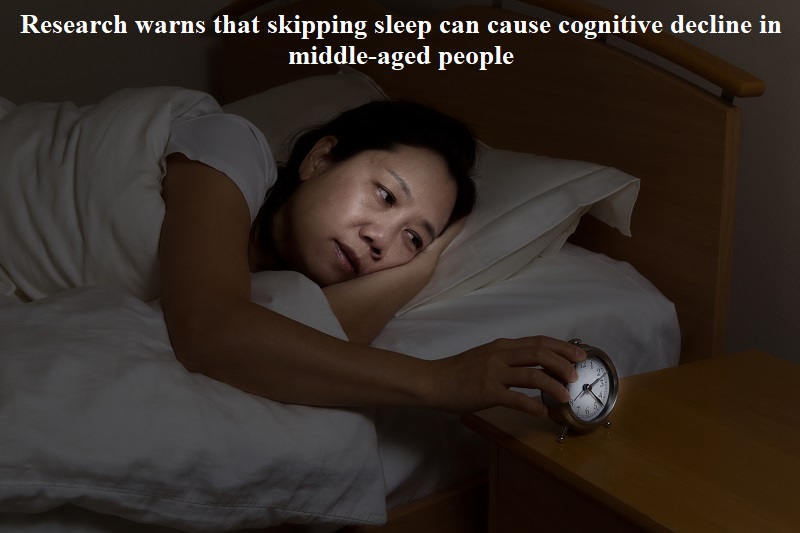
Engaging in regular exercise and maintaining a healthy diet are important, but a new study emphasizes that insufficient sleep may undermine the protective benefits against cognitive decline, including memory and thinking skills. Researchers at University College London (UCL) conducted a study published in The Lancet Healthy Longevity, highlighting the significance of sleep for cognitive health.
The study analyzed data from the English Longitudinal Study of Ageing (ELSA), which involved nearly 9,000 individuals aged 50 and above. The participants’ cognitive function was evaluated over a ten-year period, and questionnaires were used to assess their sleep duration, specifically whether it was less or more than six hours.
Initially, the results showed that physically active individuals had better cognitive skills, irrespective of their sleep duration. However, over the course of ten years, those in their late 50s and early 60s who slept less than six hours experienced a rapid decline in cognitive function, particularly in motor skills. This highlights the need to consider both sleep and physical activity in relation to cognitive health.
Dr. Mikaela Bloomberg, the lead author of the study, emphasized the importance of sufficient sleep for maximizing the cognitive benefits of physical activity. The research challenges previous cross-sectional studies that only examined snapshots in time and reveals the long-term impact of inadequate sleep on cognitive health.
Interestingly, the study indicated that individuals aged 70 and above maintained cognitive function despite short sleep cycles, suggesting potential differences in the age-related effects of sleep on cognition.
Professor Andrew Steptoe, the co-author of the study, emphasized the need for interventions to consider sleep habits alongside physical activity to optimize long-term cognitive health benefits. While the World Health Organization already recognizes physical activity as beneficial for maintaining cognitive function, the study underscores the importance of addressing sleep patterns as well.

Post Your Comments